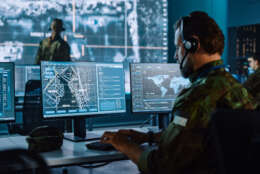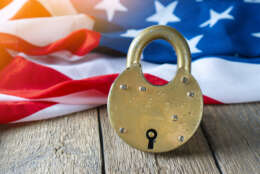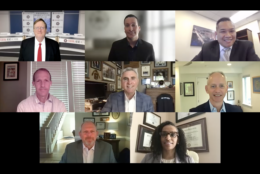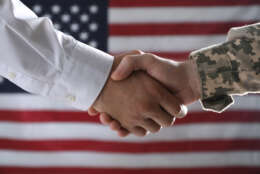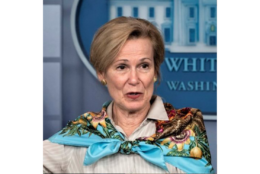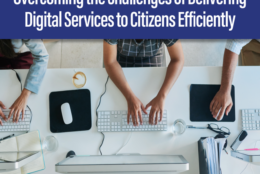SDFM The Business of Defense
-
The way police investigators carry out their work is constantly changing and becoming more advanced due to technological enhancements that, not long ago, seemed far out of reach.
May 05, 2022 -
In this first article of our series, Leading Voices in Federal Contract Management, we learn the story of how TechnoMile created a cloud platform purpose-built to help contractors working in the government marketplace.
May 05, 2022 -
The Defense Department’s venerable planning, programming, budgeting and execution process, the PPBE, is designed to create stability and predictability. But the real world imposes unpredictability and disruption. That’s the essential challenge for the PPBE, which has a five-year cycle starting with the POM, or program objective memorandum required of each program.
May 04, 2022 -
How is the Department of Homeland Security evolving its IT to meet the demands of the current landscape?
May 04, 2022 -
For federal agencies planning to adopt barcode technology for intramural exchanges or in dealing with vendors and other external entities, John Wirthlin, the industry principal for manufacturing, transportation and logistics at Zebra Technologies, has a piece of foundational advice.
May 03, 2022 -
Data available for analysis and program improvement grows exponentially. The challenge, then, is organizing it and making it available in a usable way to people, whether they’re in program management, human resources, acquisition, IT or any other function.
May 02, 2022 -
The zero trust model has come to the forefront of government agency cyber strategies in the last couple of years, but how are agencies implementing and managing their zero trust strategy? During this webinar, you will learn how federal IT practitioners from the U.S. Department of State, Department of Justice, Immigrations and Customs Enforcement and Department of Homeland Security are implementing strategies and technology around zero trust.
May 02, 2022 -
Linda Bund was instrumental in the evolution of electronic medical records at the Veterans Affairs Department and among government’s first female CIOs. Learn about her now during Federal News Network’s May We Say Thank You event.
April 29, 2022 -
The only constant in recent years has been change. Here are three tactics, learned from working with the Homeland Security Department, that can help your team provide exceptional program support while adapting on the fly. It starts with investing in people and expertise.
April 27, 2022 -
Former White House Coronavirus Response Coordinator Dr. Deborah Birx shared her perspective about Vice President Kamala Harris testing positive for COVID with “Conversations on Health Care.”
April 27, 2022 -
Can data centers improve energy efficiency through smarter data storage? As the government focuses on federal efforts to improve sustainability across the board, the EPA Energy Star program sees potential for data centers across the U.S. to reduce energy demands by adopting energy-efficient data storage technology.
April 27, 2022 -
A panel of customer experience experts — from ACF, the Air Force, FSA, IRS, TSA and Salesforce — outline the success factors necessary for agencies to improve customer experience and provide excellent digital services. Download to learn more.
April 25, 2022 -
Federal agencies have consistently struggled over the years to hire and retain qualified candidates. But the federal hiring process is also notoriously lengthy, opaque and subjective, which can prevent potential quality applicants from ever even getting their foot in the door.
April 25, 2022 -
Planning, programming, budget and execution requires the right data for Defense planners to get to where planning becomes a continuing process, not a once-a-year exercise.
April 25, 2022 -
Under the administration’s Federal Sustainability Plan, the Public Buildings Service must achieve a net-zero emissions building portfolio by 2045, as well as a 50% emissions reduction by 2032. Find out how it intends to get there.
April 25, 2022



